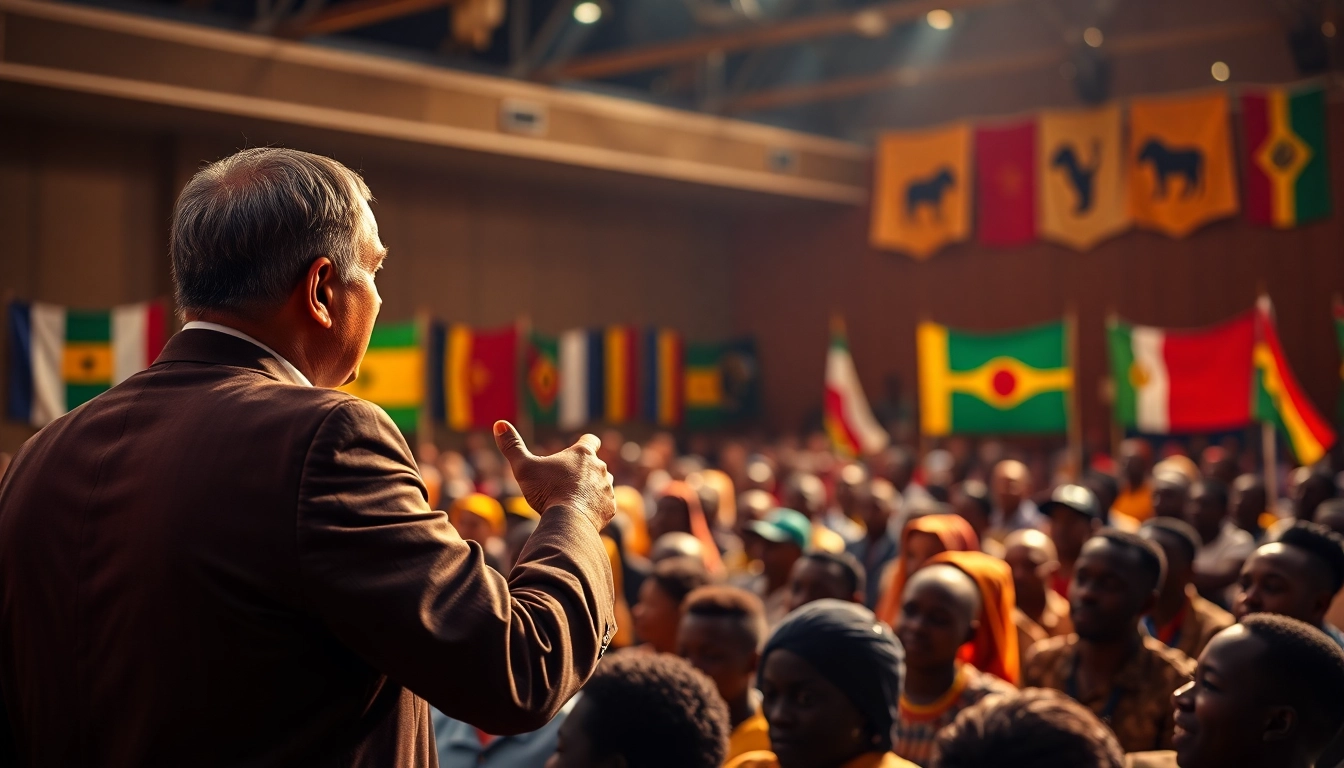Historical Context of Russian Engagement
Franco-Russian Relations in the Past
The relationship between France and Russia has evolved significantly over centuries, influenced by geopolitical shifts and historical events. In the 18th and 19th centuries, these two nations were primarily engaged in rivalry and alliances, shaped notably by the Napoleonic Wars and World War I. During the Cold War, they occupied opposing ideological camps, leading to tensions that impacted their interactions worldwide. However, recent decades have seen a gradual thaw, with mutual interests in economic cooperation and geopolitical stability prompting enhanced dialogue and partnerships.
Evolution of Geopolitical Strategies
The geopolitical landscape has always been dynamic, reflecting changes in leadership, global power balances, and international socio-economic conditions. In the 21st century, Vladimir Putin’s Russia has sought to reassert its influence on the global stage, particularly in Africa and the Middle East. Strategies have shifted from a purely militaristic approach to a multifaceted one that includes soft power, economic investments, and political alliances. The emergence of regional organizations like the BRICS group is a testament to this shift, allowing Russia to forge closer ties with nations that were traditionally aligned with the West.
Impact of Putin’s Policies
Putin’s policies regarding Africa have been marked by an increased commitment to establishing Russia as a significant player on the continent. By focusing on soft power strategies and economic partnerships, Russia aims to counterbalance Western influence. This has manifested in the strengthening of military ties, energy sector investments, and infrastructure projects, responding to the needs of African nations grappling with challenges of development and security. Additionally, Russia has embraced technology transfers and capacity-building initiatives that appeal to African interests in sustainable development.
Analysis of Putin’s Objectives
Promotion of Soft Power
One of the central objectives of Putin’s engagement in Francophone Africa is the promotion of soft power. This approach aims to build cultural and ideological bonds that enrich bilateral relationships beyond mere transactional engagements. Programs aimed at education, cultural exchanges, and media cooperation are critical in fostering goodwill and raising Russia’s profile as a preferred partner. The enhancement of language and cultural programs reflects an understanding that long-term relationships are built on trust and shared interests.
Economic Development in Francophone Africa
Driven by mutual interests, Putin has emphasized economic development in Francophone Africa. By aligning Russian capabilities in natural resources and technology with African countries’ needs, Russia positions itself as a valuable partner in achieving economic growth. Projects focusing on energy production, mining, and agriculture are designed to create win-win scenarios. For example, partnerships in the energy sector, particularly in oil and gas, have been critical for both Russia’s revenues and Africa’s developmental goals.
Strengthening Strategic Alliances
As Putin seeks to solidify Russia’s place as a global power, strengthening alliances with African nations is essential. By fostering strategic partnerships, Russia can gain influence over geopolitical narratives that counter Western hegemony. Through military cooperation, security partnerships, and shared intelligence initiatives, Russia can offer African nations an alternative to traditional Western support. This not only favors Russia’s geopolitical interests but also empowers African nations to diversify their international relations.
Key Initiatives by Putin in Africa
Economic and Commercial Projects
Numerous economic initiatives highlight Russia’s commitment to deepening its ties with African countries. Significant investments in infrastructure, energy projects, and agriculture pave the way for mutual economic growth. For instance, Russia has taken steps to diversify its partnerships beyond traditional oil and gas markets by engaging in agricultural initiatives in countries like Senegal, helping boost local food security while generating export opportunities for Russian agribusiness.
Military Partnerships and Security
Military cooperation remains a cornerstone of Russia’s strategy in Africa. Through the provision of military equipment, training, and expertise, Russia has cemented its role as a key ally for various African governments facing internal or external threats. Countries like the Central African Republic and Mali exemplify this trend, receiving Russian military support in exchange for access to strategic resources and markets. Such relationships can foster accountability and security in regions struggling with instability.
Investments in Infrastructure
Infrastructure development is a shared priority for Russia and many African nations. Investments are directed toward key sectors like transportation, telecommunications, and energy, establishing a platform for sustainable economic growth. Projects such as road and rail construction revolve around enhancing connectivity, promoting trade, and facilitating access to markets. For instance, collaborations on hydroelectric projects in sub-Saharan Africa align with Russia’s expertise in energy generation, offering long-term benefits to local economies.
Reactions and Perceptions in Francophone Africa
Public Opinion on Russian Influence
The Russian presence in Africa is met with both enthusiasm and skepticism. On one hand, public opinion in certain Francophone countries appreciates Russia’s alternative approach to counter Western dominance in international affairs. On the other hand, concerns about dependency, neocolonialism, and the implications of military alliances raise valid worries among citizens and civil society groups. Understanding these multifaceted perceptions is critical for Russia as it seeks to solidify its influence and credibility on the continent.
Responses from African Governments
Governments across Francophone Africa are taking varied stances on increasing Russian influence. Some view the engagement positively, leveraging it to negotiate better terms with established Western powers. Others approach with caution, wary of creating a new dependency that might replicate past colonial legacies. The responses often reflect a pragmatic understanding that diversification of international partnerships is essential for national sovereignty and economic resilience.
Implications for Regional Diplomacy
Russia’s engagement presents both opportunities and challenges for regional diplomacy in Francophone Africa. As countries engage in discussions with Russia, they must also navigate their historical relationships with former colonial powers and seek to balance competing interests. The rise of Russian influence can empower African nations to advocate for greater equity in international relations while also fostering a sense of unity among African states in addressing common challenges like security, climate change, and socioeconomic development.
Future Perspectives and Challenges
Opportunities for African Countries
The increasing engagement of Russia in Africa offers myriad opportunities for development and cooperation. By tapping into resource-rich partnerships, African nations can stimulate innovation and economic growth. There is an opportunity to leverage collaboration in diversified sectors such as technology, agriculture, and education to promote sustainable development goals. However, the challenge lies in ensuring that these collaborations genuinely benefit local populations and do not merely serve the interests of external actors.
Economic Dependency Risks
As African countries pursue partnerships with Russia, the risk of economic dependency remains a critical cautionary note. Heavy reliance on Russian investments and military assistance can lead to vulnerabilities similar to those experienced with Western partners in the past. To mitigate these risks, African nations must prioritize building diversified economies, enhancing self-reliance, and ensuring that partnerships align with long-term national interests.
Future Political Scenarios
The evolving political landscape in Africa will dictate the future of Russian engagement. As nations grapple with internal pressures and regional conflicts, the nature of alliances may shift, presenting both challenges and opportunities. The prospects for collaborative governance frameworks and multilateral partnerships will likely define future interactions. Moreover, the ability of African nations to assert autonomy in their relationships may ultimately determine the trajectory of Russia’s influence across the continent.








